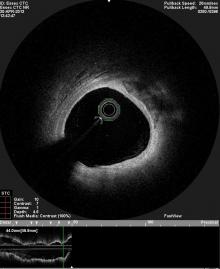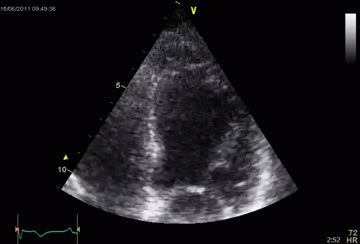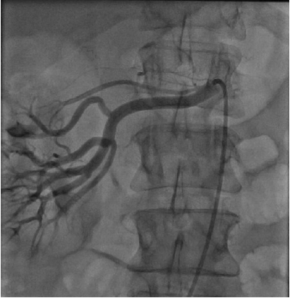Cardiac/Heart Symptoms
Although heart disease is common, cardiac symptoms can be difficult to diagnose. Unfortunately cardiovascular disease is the commonest cause of death in the United Kingdom. Approximately one third of deaths in the UK are due to cardiovascular disease and 82,000 deaths are due to cornary heart disease. A large part of Dr Robinson’s cardiology practice is the evaluation of symptoms with subsequent investigation to establish if there is a cardiac basis to the symptoms and to fully assess and manage the risk that a patient may be at.
Angina/Chest Pain
Dr Robinson is an expert in the diagnosis and treatment of chest pain. There are many causes of chest pain but one is angina. This symptom may be felt as a tightness or gripping sensation in the chest, arms or neck which often develops with exercise. The symptom is associated with smoking, diabetes, hypertension, hypercholesterolaemia and physical inactivity. Investigations may include a coronary angiogram, CT scan, nuclear perfusion scan, cardiac MRI or specialised echocardiogram. Treatment involves medication, coronary stent insertion or coronary bypass surgery.
For more information visit the British Heart Foundation

Breathlessness
Shortness of breath is a very common symptom. It may be due to lack of fitness and ageing. On the other hand there may be many medical conditions associated with breathlessness. These include anaemia, muscle disorders and lung abnormalities. A weakness of heart muscle causing reduced pumping strength of the heart may also cause breathlessness. The symptom may occur when patients walk but may also be noticed when lying flat, particularly at night. There may be associated swelling of the abdomen (tummy) and ankles. Breathlessness may also be caused by disease of the heart arteries with blockages in the heart arteries leading to a weak contraction of the heart. Other cardiac causes of breathlessness include heart valve disease and inherited abnormalities of the heart (cardiomyopathies).

High Blood Pressure
Dr Robinson is an expert in the treatment of hypertension and is leading the development of a program of Renal Artery Denervation for the treatment of resistant hypertension. High blood pressure is felt to be the commonest cause of ill-health world-wide. It is estimated that 5 million people in the UK have undiagnosed hypertension. High blood pressure is not usually noticed and rarely causes any symptoms. This means that careful measurement of the blood pressure is the only way to make the diagnosis. High blood pressure, left untreated, increases the risk of heart attacks, strokes and other vascular disease such as aneurysms. Hypertension is associated with being overweight, high salt intake, alcohol consumption and a family history. High blood pressure when detected, usually responds to medical therapy.
For more information visit the British Heart Foundation

Palpitations
The normal heart rhythm is generally regular and is known as sinus rhythm. There is natural variation of this sinus rhythm with exercise and anxiety. Palpitations are a sensation of the heart beating. This is a very common sensation and is most cases does not mean there is anything abnormal with heart function. Ectopic beats or ‘extra beats’ are common. They may be felt as a double beat, a missed beat or as a subsequent forceful beat. Ectopic beats are common, usually harmless and do not require treatment. A common but more important cause of palpitations is Atrial Fibrillation.
For more information visit the British Heart Foundation
Raised Cholesterol
Cholesterol is a fatty substance that is found in the body. Too much cholesterol is associated with an increased chance of developing cardiovascular disease. Cholesterol is carried around the body by proteins. The LDL (low density lipoprotein) or ‘bad cholesterol’ is harmful. The HDL (high density lipoprotein) or ‘good cholesterol’ is protective. A high level of LDL is associated with eating too much saturated fat but also may occur as an inherited abnormality. Physical activity is known to improve levels of the ‘good cholesterol’ HDL. Deciding whether to treat high cholesterol requires an overall assessment of cardiovascular risk. More accurate personalised assessment of risk can be obtained with a CT calcium score of the coronary arteries which now assists greatly in decisions regarding the use of statin therapy.
For more information visit the British Heart Foundation
